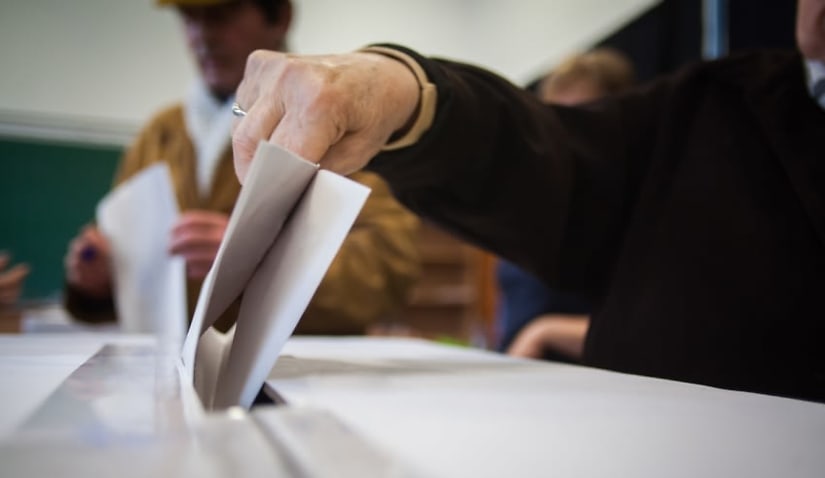A legal centre told the NSW government to overhaul its voting processes to better accommodate vulnerable communities, including Indigenous people living in rural locations.

Appearing before a parliamentary inquiry, the Human Rights Law Centre (HRLC) requested the NSW Electoral Commission be funded to work directly with Indigenous people to increase participation and ensure polling booths are accessible across all communities.
It also sought the removal of a voting ban on those serving a custodial sentence of at least 12 months, a review of voting accessibility, and the voting age to be lowered from 18 to 16.
“The NSW parliament must never accept the disenfranchisement of people because of where they live, and should ensure that all citizens have the opportunity to make their voices heard,” HRLC senior lawyer David Mejia-Canales said.
In its submission, the HRLC said while NSW has a higher Aboriginal and Torres Strait Islander enrolment rate than the national average, it is still lower than the state’s non-Indigenous enrolment rate.
At the most recent federal election, HRLC said the turnout was as low as 50.1 per cent in areas where Aboriginal and Torres Strait Islander people make up at least 80 per cent of the population.
Given the success of the NSW Electoral Commission’s visits to nursing homes, convalescent homes, hospitals, and aged care institutions, HRLC said similar visits should occur on homelands to ensure Indigenous people in remote locations have the same access.
Mejia-Canales said the NSW Parliament should be doing “everything possible” to ensure voting accessibility.
“The NSW Parliament must prioritise solutions that make voting accessible for everyone, including the use of mobile polling units and improving postal voting systems,” Mejia-Canales said.
“People living on homelands face unique challenges when it comes to participating in elections, including the lack of accessible polling stations.”
As for the voting age, the HRLC submitted countries like Austria and Scotland demonstrated people aged 16 and 17 are “capable of making informed decisions” and including them in the electoral process would “strengthen democratic inclusion”.
“Young people in particular are directly impacted by decisions made by the government, particularly in areas such as education, climate change, and employment,” Mejia-Canales said.
“It’s time the Parliament recognised their right to have a say in shaping their future by lowering the voting age to 16.”

Naomi Neilson is a senior journalist with a focus on court reporting for Lawyers Weekly.
You can email Naomi at: